is hydroponic lettuce lucrative?
nightperson
12 years ago
Related Stories
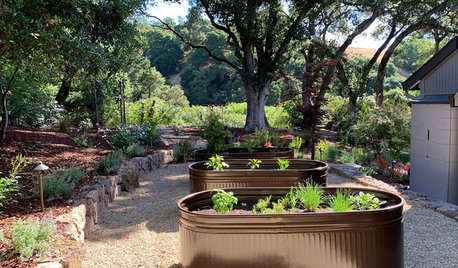
FARM YOUR YARD6 Things to Know Before You Start Growing Your Own Food
It takes time and practice, but growing edibles in the suburbs or city is possible with smart prep and patience
Full Story
FARM YOUR YARDHow to Grow Vegetables in Containers
Get glorious vegetables and fruits on your patio with a pro’s guidance — including his personal recipe for potting mix
Full Story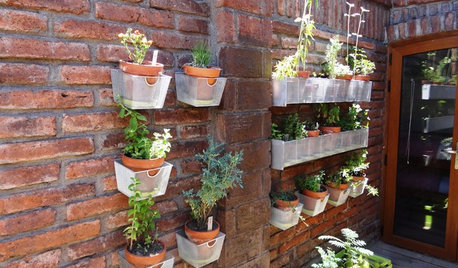
EDIBLE GARDENSHouzz Call: Where Are the Craziest Places You Grow Edibles?
Basil in a bathtub, spinach stacked up a wall ... If your edibles occupy an odd spot, we’d like to know
Full Story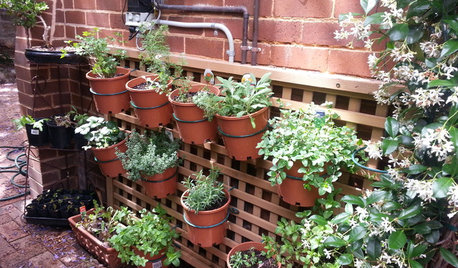
FARM YOUR YARD14 Crazy Places to Grow Edibles
Some Houzzers may lack ground for gardening, but they’re never short on imagination
Full Story
EVENTSOn Show: Weird, Wondrous Science Meets Design
Houses grown, not built. Power-generating soil. And snail poop that ... well, see for yourself in our coverage of a new Rotterdam exhibit
Full Story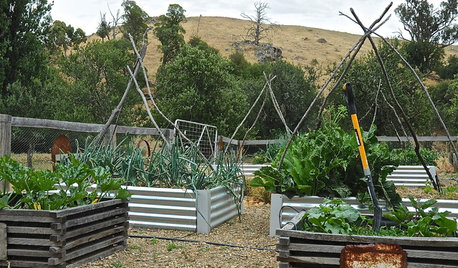
FARM YOUR YARD9 Ways to Change Up Your Vegetable Garden for the Coming Season
Try something new for edible plantings that are more productive than ever
Full Story
LANDSCAPE DESIGNNatural Swimming Pools: More Beauty, No Chemicals
Keep your skin and the environment healthy with a pool that cleans itself, naturally
Full Story
HERBSHerb Garden Essentials: How to Grow Chives
This decorative and delicately flavored herb from the onion family is easy to grow indoors and out
Full Story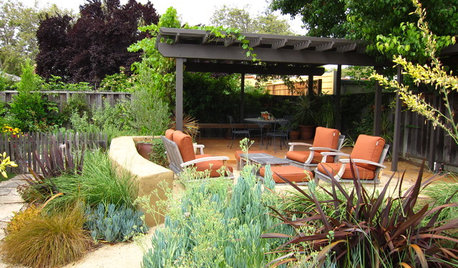
GARDENING GUIDESWhat Are Your Spring Gardening Plans?
Tearing out the lawn? Planting edibles? Starting from scratch? Tell us what you plan to change in your garden this year
Full Story
FEEL-GOOD HOMESimple Pleasures: Make Do and Mend
Experience the satisfaction of fixing, repurposing and creating things yourself around the home
Full StoryMore Discussions






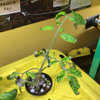
homehydro
homehydro
Related Professionals
Marco Island Landscape Architects & Landscape Designers · Alpharetta Landscape Contractors · Americus Landscape Contractors · Camp Verde Landscape Contractors · Doctor Phillips Landscape Contractors · Fairview Landscape Contractors · Golden Gate Landscape Contractors · Hampton Bays Landscape Contractors · Laguna Hills Landscape Contractors · Medford Landscape Contractors · Post Falls Landscape Contractors · Raleigh Landscape Contractors · Ringwood Landscape Contractors · Wilsonville Landscape Contractors · Ferguson Landscape Contractors